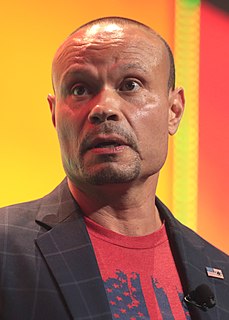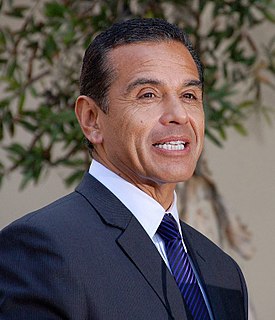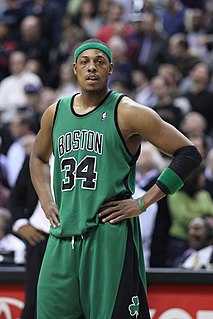A Quote by Samuel Johnson
The vanity of being known to be trusted with a secret is generally one of the chief motives to disclose it.
Related Quotes
Pride is an established conviction of one’s own paramount worth in some particular respect, while vanity is the desire of rousing such a conviction in others, and it is generally accompanied by the secret hope of ultimately coming to the same conviction oneself. Pride works from within; it is the direct appreciation of oneself. Vanity is the desire to arrive at this appreciation indirectly, from without.
Most of the ethical dilemmas that I have faced have all been in the category of, you know, I know something and what's my obligation to disclose it. So, for example, you see people make a mistake in the contract that you're making between the businesses and do you disclose it or do you reveal it? And generally speaking, the way that I solve these is I kind of go through a list of, you know, what's the most, what are the obligations and constituencies and in what order?





































